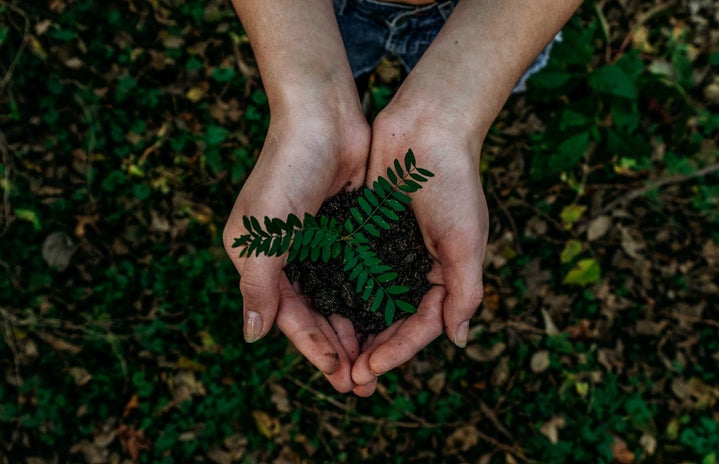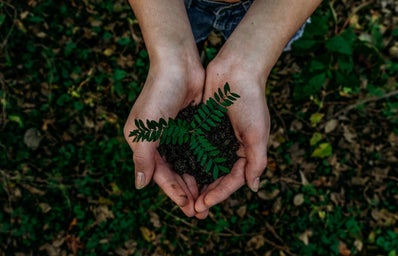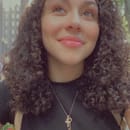Herbalism is something that I believe is becoming more and more common within public practices, and I love to see it. Herbalism to me is the idea that nature has provided us with the medication and healing properties we need to survive. Although it is important to recognize that Western medicine and science are vital to our survival as well and that should not be negated to praise herbalism, it can be wonderful when both of these aspects come together to ensure we all live long, healthy lives.
A few years ago, I became fascinated with the idea that plants can actually heal you. And I don’t mean eating an apple a day will keep the doctor away; I mean actual health benefits and healing properties. Now, this wasn’t all new to me. Being Puerto Rican, I have encountered many home remedies that originated in the Caribbean that have been passed on to my parents, who then used them on me when I got sick or got hurt. But, I never really sat and thought about why they worked or how.
When I began discovering my spirituality and what it meant for me and my family, I found that a big aspect of it had to do with utilizing herbs and plants to benefit you both physically and spiritually. This piqued my interest. I could get more spiritually in tune and connect with my Caribbean roots but also better my health and possibly the health of my family and friends.
So I did what anyone who gets obsessed with hobbies very quickly would do, and started buying and reading books that went in-depth about herbalism. I watched all the videos I could find and just consumed every bit of information until I had the means to try something myself. Once I created my herb journal, there was no turning back.
I tried to learn all I could about a few specific herbs first: St. John’s wort, Chaga mushrooms and California poppy. I picked these three to start off with because each had a different level of difficulty that I wanted to familiarize myself with. Not only that, but these are fairly common, so I felt safer trying these out. I took notes on everything I could find out about each. Positive effects, negative effects, any interactions with medication, dosages, best ways to consume, what they look like, what they feel like, how to harvest, which part of the plant was edible, what properties each part had, etc. Literally everything.
Once I felt like I knew enough about the individual herbs and once I had the proper tools, I got started. I bought some herbs, but started off with Califonia poppy. It has properties that work as a sedative (aka helps with insomnia and sleep), which I knew I would be needing when the stress of classes started again. So, I made my first tincture. Since I am using the “folk method” and do not have fancy equipment to speed the process up, my tincture is still not ready. But in a few more weeks I will be able to finally try something I made. I can’t wait.
When I finish this first tincture and see how it works, I will continue to expand my mini-college apothecary and see what else I can get my hands on in order to engage in this lifelong skill and process.
I think the more I learn about all the amazing things nature gives us, the more I am able to express gratitude for what’s around me. The idea of being connected to the earth and allowing myself to enjoy all the things nature provides makes me feel like I can get a more holistic and positive view of myself, my body and my life.


